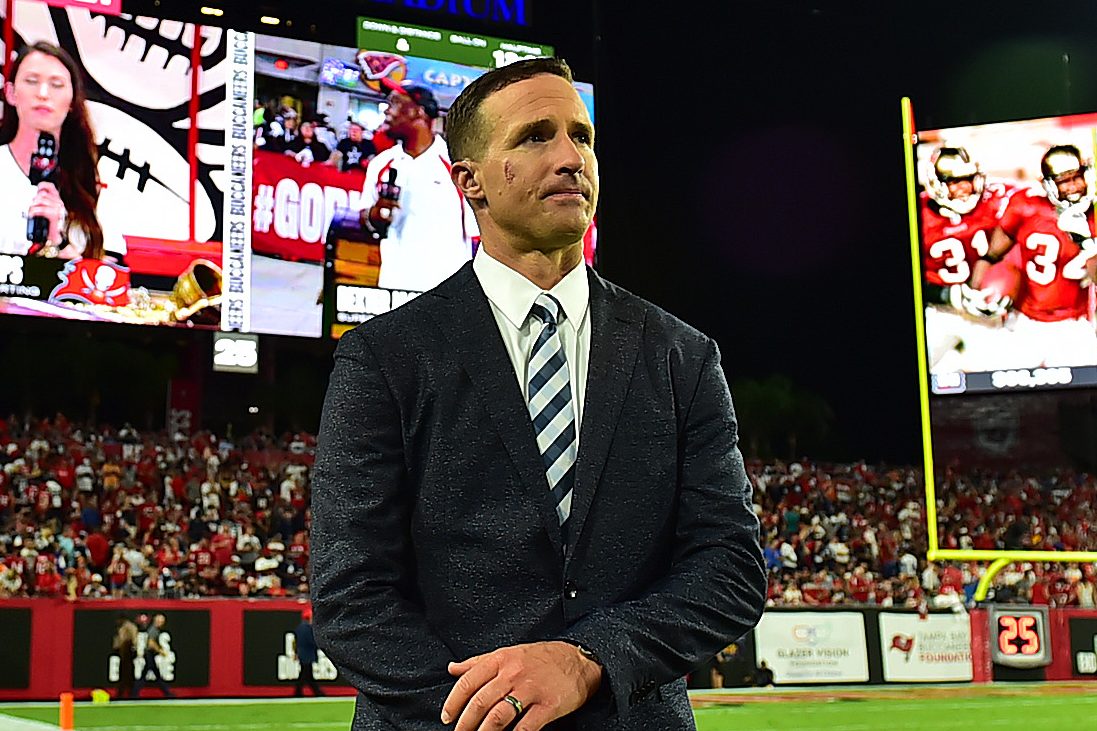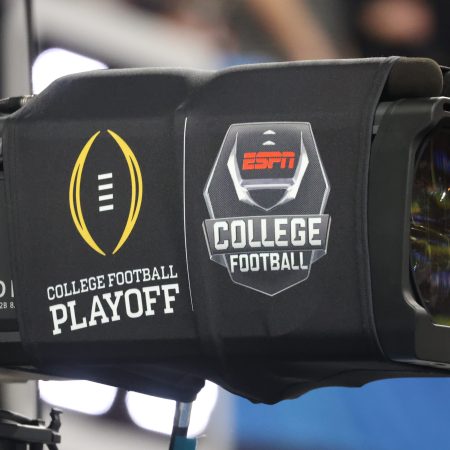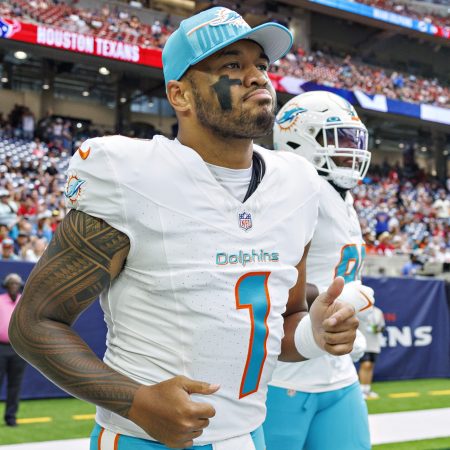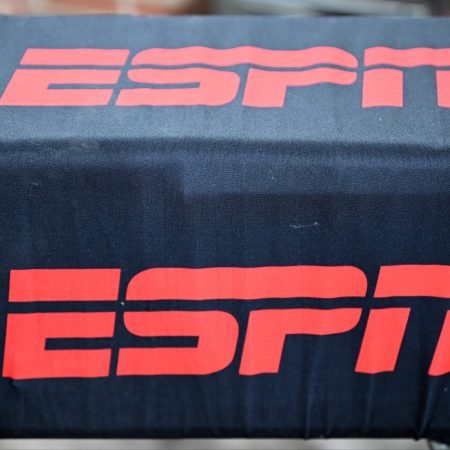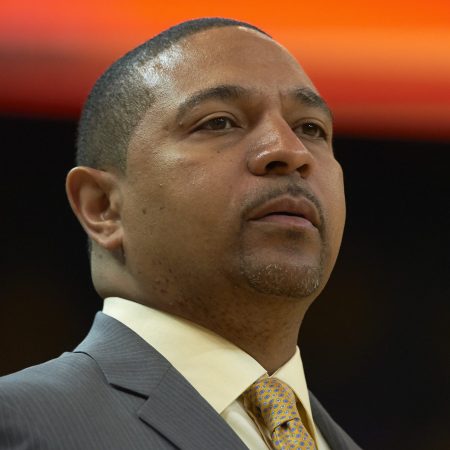This is Life After Football, a series that examines how current and former NFL players, coaches and executives are building a legacy beyond the gridiron.
After 20 years of spending his weekends during football season prepping for and playing games in the NFL, longtime New Orleans Saints quarterback Drew Brees hung up his cleats and retired from the league in March.
But Brees, a surefire Hall-of-Famer, still doesn’t have his weekends free after seamlessly sliding into an analyst role with NBC that requires him to call Notre Dame broadcasts on Saturdays and be in the studio for Football Night in America in advance of Sunday Night Football the following day.
So while his role has changed, his weekend workload has remained the same, as has a routine he used to enjoy on game days.
“In the morning I’ll have an omelet and always get some avocado to throw on top. It just makes it that much better,” Brees, who is also a spokesperson for Avocados From Mexico, tells InsideHook. “Growing up in Texas, guacamole was a big part of our family gatherings and getting ready for big games. Now it has carried over to me with my family. We incorporate avocados into a lot of what we do in the kitchen. My kids love avocados, so that’s a big part of our game-day routine.”
After breakfast, the 42-year-old’s game-day routine now includes breaking down game film on his laptop instead of breaking down defenses on the field. But according to Brees, “I actually watch games very much the same way if I was playing. I’m just programmed to watch it a certain way and look for ways to attack the opposing defense,” he says. “I communicate things as a broadcaster exactly the way I would play the game. I’m really just trying to help the audience understand what’s happening from a basic perspective and also learn something. I want to make it enjoyable. I want people to walk away feeling like, ‘Wow, I really learned something there.’”
While seeking to educate his audience in both roles, Brees has also had to learn the ropes of working in the studio on Saturdays versus calling games on Sundays.
“In the studio, you have very little time to be able to make your point. The shows go really fast and you have to very quickly make your point and back it up with certain facts that explain why you feel that way,” he says. “Everything happens very quickly in the studio. Whereas as a broadcaster, you have a chance to story-tell a bit more and really elaborate on what’s happening on the field. I enjoy being a broadcaster. It’s really enjoyable seeing the game from a different perspective and then being able to communicate that to fans.”
As a former NFL quarterback, Brees is in a better position than most to offer an informed perspective to fans.
“The quarterback has to know what everybody’s doing and why. We’ve got a great understanding of both offense and defense,” Brees says. “I think quarterbacks have a unique perspective to explain why a play worked or didn’t work and what the key to the play was. The challenge is really being able to explain it and articulate it in a way that brings value to a broadcast.”
And Brees intends to keep meeting that challenge, as he has no desire to return to the NFL as a player.
“I miss the locker room and being around the guys for celebrations on the road after big wins as well as just the experiences you go through with your teammates. Those are definitely the things I miss,” he says. “But when I retired from the game, I retired because I was moving on. I enjoy what I’m doing now and spending time with my family.”
As long as avocado omelets are involved.
The Charge will help you move better, think clearer and stay in the game longer. Subscribe to our wellness newsletter today.
